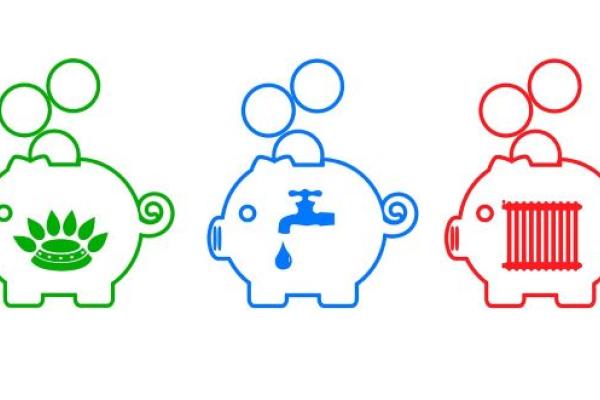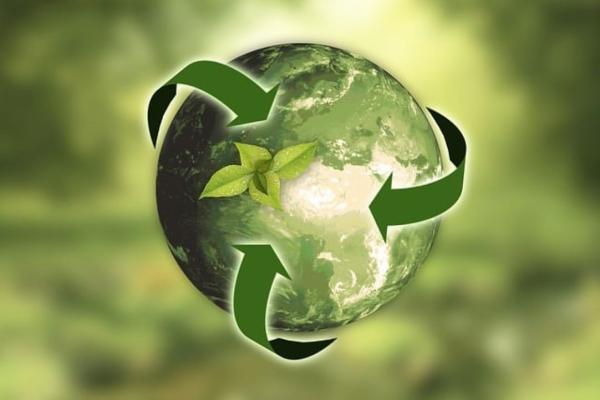
Find out about voluntary criteria, green public procurement requirements in sectoral legislation and the process for setting criteria.

Library of case studies on green and socially responsible public procurement

Questions? Contact the Helpdesk
What is Green Public Procurement?
Green Public Procurement (GPP) is defined in the Communication (COM -2008- 400) "Public procurement for a better environment" as "a process whereby public authorities seek to procure goods, services and works with a reduced environmental impact throughout their life cycle when compared to goods, services and works with the same primary function that would otherwise be procured."
While GPP is a voluntary instruments and Members States are able to determine the extent to which policies or criteria are applied, it plays a key role in the EU's efforts to boosting a resource-efficient economy.
GPP is within the framework of Strategic Public Procurement, together with Socially Responsible Public Procurement (SRPP) and Innovation Procurement. The basic concept of GPP relies on having clear, verifiable, justifiable, and ambitious environmental criteria for products and services, based on a life-cycle approach and scientific evidence base.
The European Commission (EC) has been developing voluntary GPP criteria for several product groups. Furthermore, following the adoption of the 2020 Circular Economy Action Plan, the Commission is proposing minimum mandatory GPP criteria and targets in sectoral legislation and phase in compulsory reporting to monitor its uptake.
EU Ecolabels: Labels can play a particular role in developing technical specifications and award criteria, and in verifying compliance helping public buyers to save time in accordance with Art. 43 of Directive 2014/24/EU. More information on EU Ecolabel product groups is available online.

News

Developing a National Procurement Strategy for Ireland

This webinar on 10 April, ‘Preserving Water through Public Procurement’ seeks to explore how GPP can influence sustainable water management and quality in the EU.

The guidelines provide a step-by-step approach to ensure alignment with EU standards, offering insights into best practices, customisation, and practical implementation strategies.

Success stories that show how governments are using ecolabels to simplify the SPP process and boost sustainability in the market.

Procurement category: Textile

Analysis on how to assess and mitigate human rights and environmental risks in the supply chains of solar modules.

The European Commission presented its Clean Industrial Deal to strengthen European industries’ competitiveness and accelerate the decarbonisation of the economy.
To keep up with the latest news, subscribe to the GPP News Alert.
Discover more

Training materials on green public procurement

Find out more about publications, studies and current GPP projects

Learn more about the Life-cycle costing tool and how it can help public buyers

Check out the National Action Plans and the activities of the Green Public Procurement Advisory Group

